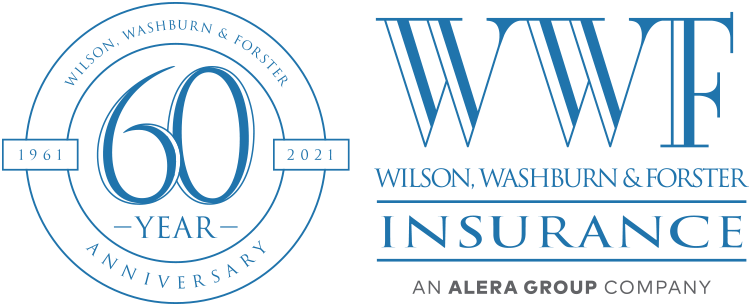Inflation is driving up prices and adversely affecting property insurance claim outcomes. If you haven’t adjusted your property insurance limits lately, the cost to rebuild or replace your building could exceed the maximum amount your policy will pay. As construction costs rise, it’s important to review your property insurance limits and adjust your coverage accordingly.
Inflation & Rising Prices
Consumer prices have increased 9.1% over the last year. The U.S. Bureau of Labor Statistics says that the numbers from June 2022 represent the largest 12-month increase since 1981.
Building materials prices have also increased. According to the National Association of Home Builders (NAHB), the Producer Price Index report shows that building material prices have increased 20.4% year over year, and prices have increased 33% since the start of the COVID-19 pandemic.
The Q4 2021 U.S. Chamber Commercial Construction Index found that 97% of contractors say that material cost fluctuations are impacting their business. Steel prices are having the biggest impact, following by wood and lumber and then roofing materials. Additionally, 46% of contractors say they will need to spend more on tools and equipment in the next six months. In addition to rising prices, 95% of contractors say they have faced at least one material shortage.
As inflation drives up living expenses, workers are looking for pay increases. At the same time, worker shortages, especially skilled worker shortages, are prompting some employers to pay more in order to attract talent. The U.S. Chamber Commercial Construction Index found that 91% of contractors say they are having a difficult time finding skilled workers, and 60% say it’s resulting in higher bids.
According to South Florida Business Journal, construction costs have increased by 20% to 30% year over year, and the increase is causing some projects to stall. These issues are occurring around the country, but according to WINK News, the situation is especially severe in Florida.
Policy Terms that Affect Property Claim Payouts
When you insure a property, you’re strongly encouraged to insure it for the full replacement cost value. However, there are two common valuation methods.
- The replacement cash value looks at the cost that would be required to repair or replace the property at the time of the loss. Policyholders generally want the policy to cover the full cost to replace the property in the event of a partial or total loss, and this requires insuring a property for the full replacement cost.
- The actual cash value method looks at the current value of the property with depreciation taken into account.
It’s also important to be aware of the coinsurance clause. This clause is common in property insurance policies, and it establishes a penalty when a property is insured for less than its full replacement cost value. In simple terms, if you’ve insured your property for a percentage of its value, you may only be eligible for a similar percentage of what you could have collected on a claim. Some property owners have had smaller insurance reimbursements than expected because the coinsurance clause applied.
Last but not least, establishing an adequate insurance limit is crucial. On a commercial property policy, the limit is the maximum your policy will pay if the coinsurance requirement is met. For example, if your limit was based on your building’s 2018 value of $6M and your building would now cost $10M to rebuild and a coinsurance provision was on the policy, then a penalty would occur. If your limit was based on the building’s 2022 value of $10M and your building would now cost $10M, then your claim would be paid in full.
Why It’s Important to Update Policy Limits Annually
The same factors that make it more expensive to build a new property also impact the cost to repair or rebuild a property after a disaster. Both homeowners and business owners are affected.
According to Florida Realtors, a Harris Poll found that only 43% of business owners had increased their business insurance policy limits to account for inflation. As a result, many business owners may now be underinsured.
Now is a good time to increase your property insurance limits with your insurance agent/broker, particularly if you haven’t done so in the past year. Ultimately, an insurance replacement cost estimator should be ordered. Be aware that the cost to build or rebuild, and the time needed to complete a project have both significantly increased. Be sure that your property insurance limits are adequate and that your insurance is structured so that it performs as expected.
Need Guidance?
Wilson, Washburn & Forster is a boutique independent insurance agency that has been in business since 1961. We have commercial property insurance expertise and connections. You will find that our experience, claims handling, service, and community commitment is unrivaled.
Contact us today at 786-454-8384 for a complimentary analysis of your current insurance program by an insurance specialist in this field.








Leave a Reply